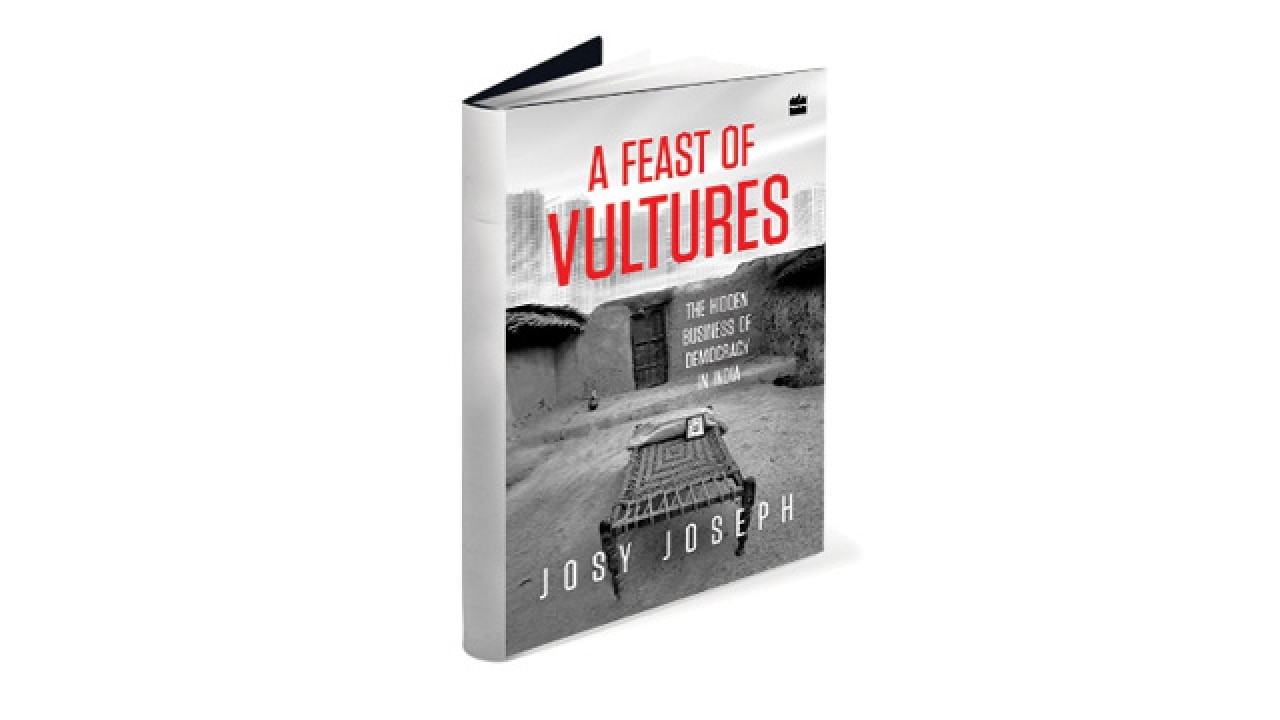
In the bristling heat of May 2016, while covering the Lok Sabha elections, we lost our way in the rural areas of Pali region in Bihar and stumbled into Barambora village, about 40km from Darbhanga city. Far from the lofty concerns being voiced in Delhi, here was village head Abhi Ram Chowdhry asking the people to vote for the BJP on a single campaign point – that prime ministerial nominee Narendra Modi would fix the burnt transformer in the village of 1,800 souls.
Barambora had been without electricity for 15 years, ever since a 25KV transformer got burnt due to excessive load. Despite several representations and many rounds of government offices, the transformer stood burnt and unrepaired at a village crossroad – a testimony of the functioning of our system.
The story found echo in village after village.
Just 10km away, electricity had reached Tumul, but it was more a curse, said villagers. In order to pocket money meant for the poles, the electricity department had allegedly pitched bamboo sticks and the lines ran so low as to almost touch the ground. Three villagers and some 10 buffaloes died in three years.
In neighbouring Begusarai district, Diha village had electricity till 1984. That was when a massive flood had washed away electric poles. Since then, no official had looked at the possibility of reinstalling the poles and reinstating electricity.
In Dauvi, about 50km from Darbhanga, there was no power despite the village being located just opposite an electricity sub-station. An engineer confessed that they had submitted a plan to electrify the village 10 years ago, but were still awaiting orders and funds to purchase 500m of wire.
Social scientist Prof. Dharmindra Kumar Singh, who was farming in his ancestral village in Samastipur district, was shocked to read a newspaper report that funds had been spent on maintaining a tube-well. "The tube-well had been defunct and unused for over eight years. It was a shock to learn that it was a live pump in government records and funds had been allocated over eight years for its maintenance," he said.
A friend who became chairman of a municipal corporation in a sleepy Uttar Pradesh town relates a tale of similar rot in our democratic system. Within a month of taking office, there was a stream of visitors to his residence – representatives of contractor associations, traders federations, hawkers unions and the like with bags full of notes as 'monthly nazrana'. It was an instant lesson on how small-time politicians in towns and villages have fleets of SUVs and lead a luxurious life. As public representatives below MLAs, including councillors, panchayat members or chairmen of nagar palikas are not paid salaries and so have been indirectly given licences to raise money through corrupt means by colluding with the bureaucracy.
Award-winning investigative journalist Josy Joseph's book, A Feast of Vultures, brings to the surface a narrative that calls for the cry of change in India. Exposing how our democratic system has been hijacked long ago, the book is explosive and frightening. It contains damning evidence against some of the largest businesses in India and highly-established politicians.
The story is big and a telltale comment on how politicians, the mainstream media, political and security analysts have worked to create an ill-informed and often abusive and intolerant discourse. The majority of those living in India's 6,38,000 villages find themselves besieged. Access to governance is still a mirage. Inherent to most Indians' DNA is to remain as aloof from the government structures and officials as you can.
The immediate government face, the policewala and the patwari symbolise corruption in villages and towns. This has led to a thriving business of intermediaries and middlemen. They even hold kangaroo courts as courts are costly and appallingly slow. According to estimates, it will take about 320 years to dispose of the over three crore cases pending in Indian courts.
This story of pathos is not limited to villages. The book reveals how some industrial houses practically own the country and exposes the shadowy men who run the nation's politics.
A Feast of Vultures clinically examines and documents the crisis gripping the world's largest democracy. The question is, has the Westminster system of democracy really empowered the country, riddled with the divisions of caste, community and identity? Not many representatives who reach assemblies and parliament get more than 20-30 per cent votes, meaning that a majority in their own constituencies have not voted for them.
A system has to be put in place, where it should be ensured that a representative gets at least gets 51 per cent of polled votes. In the last Lok Sabha election, the BJP's advertisement blitzkrieg portraying the Gujarat model of development as a panacea for all ills did touch the imagination of floating voters, who vote on issues of development cutting across caste and community lines.
But last heard, villagers of Tumul in Bihar were still cursing electrification, which instead of giving them light had taken the lives of people and animals.